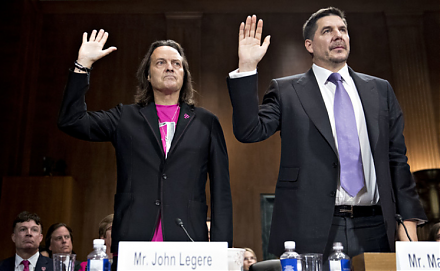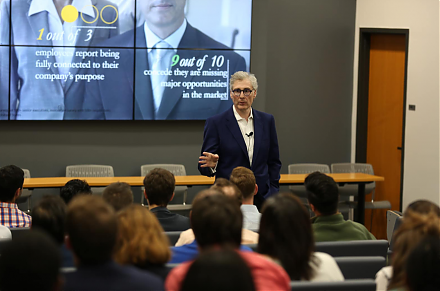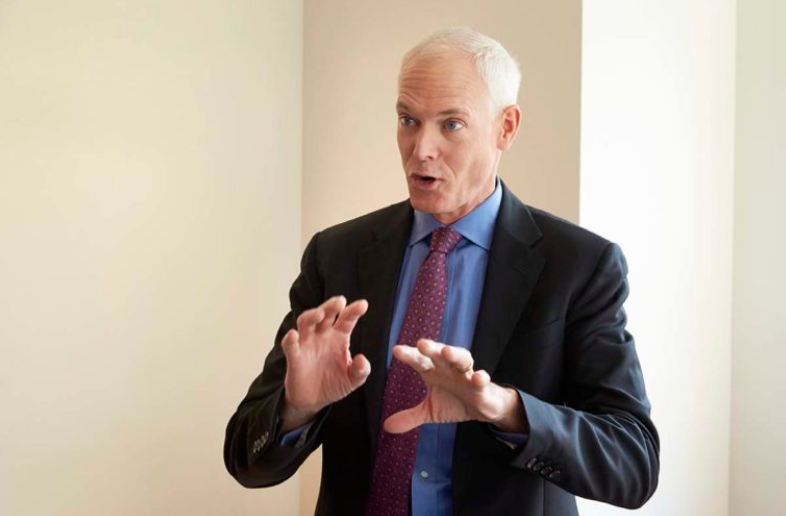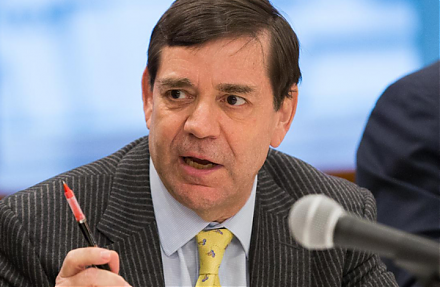

2018-09-30 14:34:00 Sun ET
stock market competition macrofinance stock return s&p 500 financial crisis financial deregulation bank oligarchy systemic risk asset market stabilization asset price fluctuations regulation capital financial stability dodd-frank
Goldman, JPMorgan, Bank of America, Credit Suisse, Morgan Stanley, and UBS face an antitrust lawsuit. In this lawsuit, a U.S. judge alleges the illegal conspiracy that they have kept stock loans in the stone age to stifle competition in the $2 trillion stock-lending market. These large banks boycott the startup platforms AQS, Data Explorers, and SL-x in order to maintain their competitive advantage in stock loans. In this way, these banks maintain monopoly control over stock loans and so charge excessive fees to investors and short-sellers.
A counter argument sheds skeptical light on the court decision that continuing to execute stock loans under the current rules and standards somehow amounts to an illegal conspiracy. This alternative argument suggests that these class actions against the banks would result in an unreasonable restraint on trade. This dispute boils down to whether there is sufficient evidence of collusion among the plaintiffs in direct competition with the fresh startup platforms.
Stock loans are quite important to short-sellers when the investor borrows stocks to immediately sell them at a premium. Institutional investors with substantial stock positions can profit from lending out these stocks, whereas, borrowers aim to profit by buying the stocks at lower prices later.
If any of our AYA Analytica financial health memos (FHM), blog posts, ebooks, newsletters, and notifications etc, or any other form of online content curation, involves potential copyright concerns, please feel free to contact us at service@ayafintech.network so that we can remove relevant content in response to any such request within a reasonable time frame.
2019-02-28 20:44:00 Thursday ET

AYA Analytica finbuzz podcast channel on YouTube February 2019 In this podcast, we discuss several topical issues as of February 2019: (1) our proprieta
2018-05-03 07:34:00 Thursday ET

Sprint and T-Mobile propose a major merger in order to better compete with AT&T and Verizon. This mega merger is worth $26.5 billion and involves an all
2020-09-17 12:28:00 Thursday ET

Many successful business organizations develop their distinctive capabilities and unique value propositions for strategic reasons. Paul Leinwand and Cesa
2019-01-21 10:37:00 Monday ET

Andy Yeh Alpha (AYA) AYA Analytica financial health memo (FHM) podcast channel on YouTube January 2019 In this podcast, we discuss several topical issues
2020-08-12 07:25:00 Wednesday ET

Most sustainably successful business leaders make a mark in the world, create a positive impact, and challenge the status quo. Jerry Porras, Stewart Emer
2018-04-17 12:38:00 Tuesday ET

Value investment strategies make investors wiser like water with core fundamental factor analysis. Value investors tend to buy stocks below their intrinsic